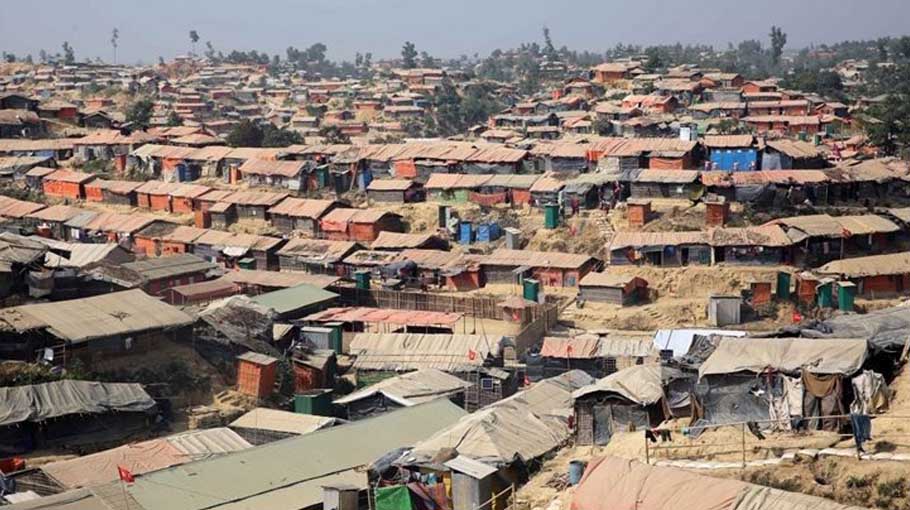‘Involve more countries to resolve Rohingya crisis’

Speakers at a webinar on Tuesday said more countries should get involved in supporting Rohingya repatriation as it is the international community's responsibility to act proactively to solve this humanitarian crisis.
Bangladesh Institute of International and Strategic Studies (BIISS) and Bangabandhu Centre for Bangladesh Studies Canada jointly organized the webinar titled “The Rohingya Exodus in Bangladesh: Regional and Global Security Implications”.
BIISS Director General Major General Md. Emdad-Ul-Bari delivered the welcome address while Bangladesh High Commissioner to Canada Dr Khalilur Rahman made the concluding remarks.
Director of Centre for Genocide Studies of the University of Dhaka Professor Dr Imtiaz Ahmed presented the keynote speech.
Bari emphasized that the Rohingya crisis was created by Myanmar and its solution must be found in Myanmar.
"The Rohingya crisis needs to be resolved with utmost priority. It is the responsibility of the international community to act proactively to solve this humanitarian crisis," he said.
Dr Imtiaz said that the international community should keep pressure on Myanmar military. "More countries should come forward to support and solve this crisis," he added.
The executive director of Bangabandhu Centre for Bangladesh Studies (BCBS) Dr. Kawser Ahmed mentioned that the recent military takeover in Myanmar added new dimension to the Rohingya crisis.
Both Bangladesh and Myanmar signed a deal on 23 November 2017 for the possible repatriation of Rohingyas.
Thereafter, two abortive attempts have been made to start voluntary return. Consequently, about 10 agreements between the two countries, including those in areas of land boundary management, prevention of narcotics, trade and transport, have not gone as desired.
Repatriation of 1.3 million Rohingyas to the secured home in Rakhine State in
Myanmar always remained a priority along with bringing under justice the perpetrators and most importantly genocide and crime against humanity among the Rohingya population.
Senior officials from different ministries, ambassadors and high commissioners, senior civil and military officials, media, academia, teachers and students from different universities participated in the webinar and raised their valuable opinions in the open discussion session.



